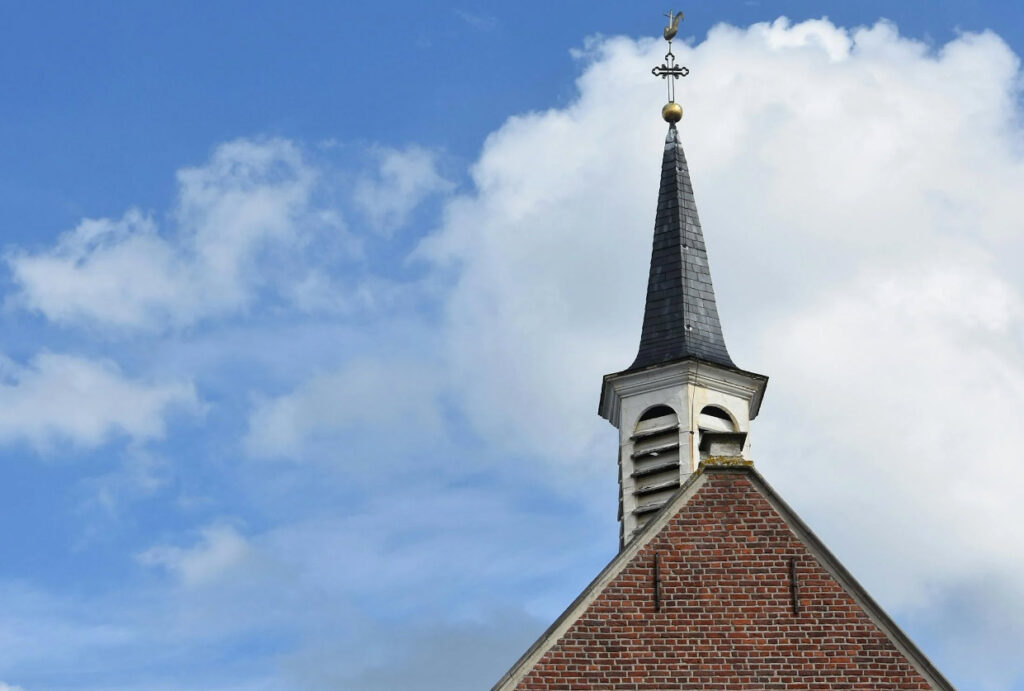Church life cycles are an interesting study. In a way, they are somewhat predictable: Excitement and expansion of the ministry during the early years, stabilization and strength during the adult phase, and decline and destabilization in maturity.
Despite this degree of predictability, however, God sometimes interrupts cycles with His invitation to change, and the people respond in repentance and faith. The results of this kind of renewal are a beautiful thing to behold!
But what happens when it seems you’ve tried everything and the church decides to close its doors? If you’re an associational missions strategist (AMS) and your association inherits this property, what are you to do?
Perhaps the best way to get to an answer to this important issue is to ask two very simple questions.
First, have you really exhausted all of your options? Working with declining and dying churches is hard and exhausting. These churches are infamous for starting and stopping renewal efforts. They are adamant that all that their churches need are new pastors, better or remodeled buildings, new youth ministries, some kind of outside infusion of significant capital, etc. Just when you think you’ve gotten through to them, they suddenly pull the plug, disappear or even begin a campaign behind the scenes to discredit the association.
It is no wonder that, when confronted with such confusing and harsh responses from churches who are on their last breath, the AMS feels like giving up on them. Yet while this is easy to understand, this doesn’t mean that resignation should be the response to what seems to be dead-end situations. Before we toss in the towel, here are a few questions we can ask ourselves:
- Have we have exhausted all types of replant options?
- Have we looked into converting the church into a place where multiple ministries can hang their hats?
- Have we considered partnering with city/county officials to offer services to the poor and marginalized while still maintaining the right to proclaim the gospel?
- If no SBC churches are available to replant, are there other thriving evangelical churches whose gospel ministry could further the legacy of the facility?
- Do we need to wait and ask the Lord for a yet-to-be-revealed solution for optimizing the use of this property?
My friend Bob Lowman, AMS of Metrolina Association in Charlotte, North Carolina., ran into just this kind of scenario. After years of working with Green Memorial Baptist, a declining church near the association’s office, the church finally decided to disband and leave the property to Metrolina. Prior to that final decision by the church, Bob and his leadership team had already looked for and come up empty on a revitalization and replant strategy for that church.
As they prayed, it became clear to the team that they were to keep the property and create a “Great Commission Center,” which included space for such things as church plants, training events and other types of meetings. Not only that, but over the past seven years the facility has served as home for seven international churches. As I toured this building, Bob told me that, in all his years of serving the Metrolina Association, this was one of the best decisions they had ever made. Only persistent prayer for wisdom and exhaustive examination of the options leads to such an outcome.
Second, if you believe you should sell the facility, what are your true motives? There are cases when it is prudent to sell a facility donated to an association. If this is not the first, second or even third idea for what to do with a property, then selling it could be a good decision. You might need to ask yourself the following questions before beginning the process:
- Is one of the primary reasons we are selling the property that we cannot afford the facility’s upkeep and pay for the deferred maintenance?
- Do we have a plan for the proceeds that would be weighted toward church planting, church revitalization, pastor care, missions trips, etc.?
- Have we talked with a lawyer familiar with these kinds of transactions about what we can and cannot do, such as the legalities of transferring a church property to a ministry?
- Do we have a good plan on how to handle church-owned and maintained cemeteries?
- Can our state convention or Baptist foundation provide additional advice on what to do regarding deferred maintenance or finding other resources for maximizing the use of this building?
These kinds of questions serve as a filter and backstop to insure that we are being honest with ourselves and others regarding our reasons for selling. I know from personal experience that this kind of process works.
For example, in my last 19 years with the Triad Church Network (formerly the Pilot Mountain Baptist Association), we saw four properties given to the association. One of those four became a replant, two were sold to churches outside the associational membership, and one was sold to a commercial real estate group with the money turned into a missions fund. Our leadership team at the association was intimately involved in all of these decisions. No one voted no to any of these decisions. Still, a few people intimated that this was some kind of money-making ruse. When I chatted with the people who were willing to walk in the light of truth with me, most changed their tune.
As you can see, making sure that an association sells the property for the right reason is a laborious but worthwhile endeavor. We want to glorify God in all we do. Sometimes this means selling defunct churches and reinvesting those funds in kingdom work. At other times, we have to go back to the drawing board and ask God what other things we could do with the property that we’ve yet to consider. This makes sure that we are being both honest and creative in all we do.
No matter what, we all want to be good stewards of this gift.
Published May 31, 2024




